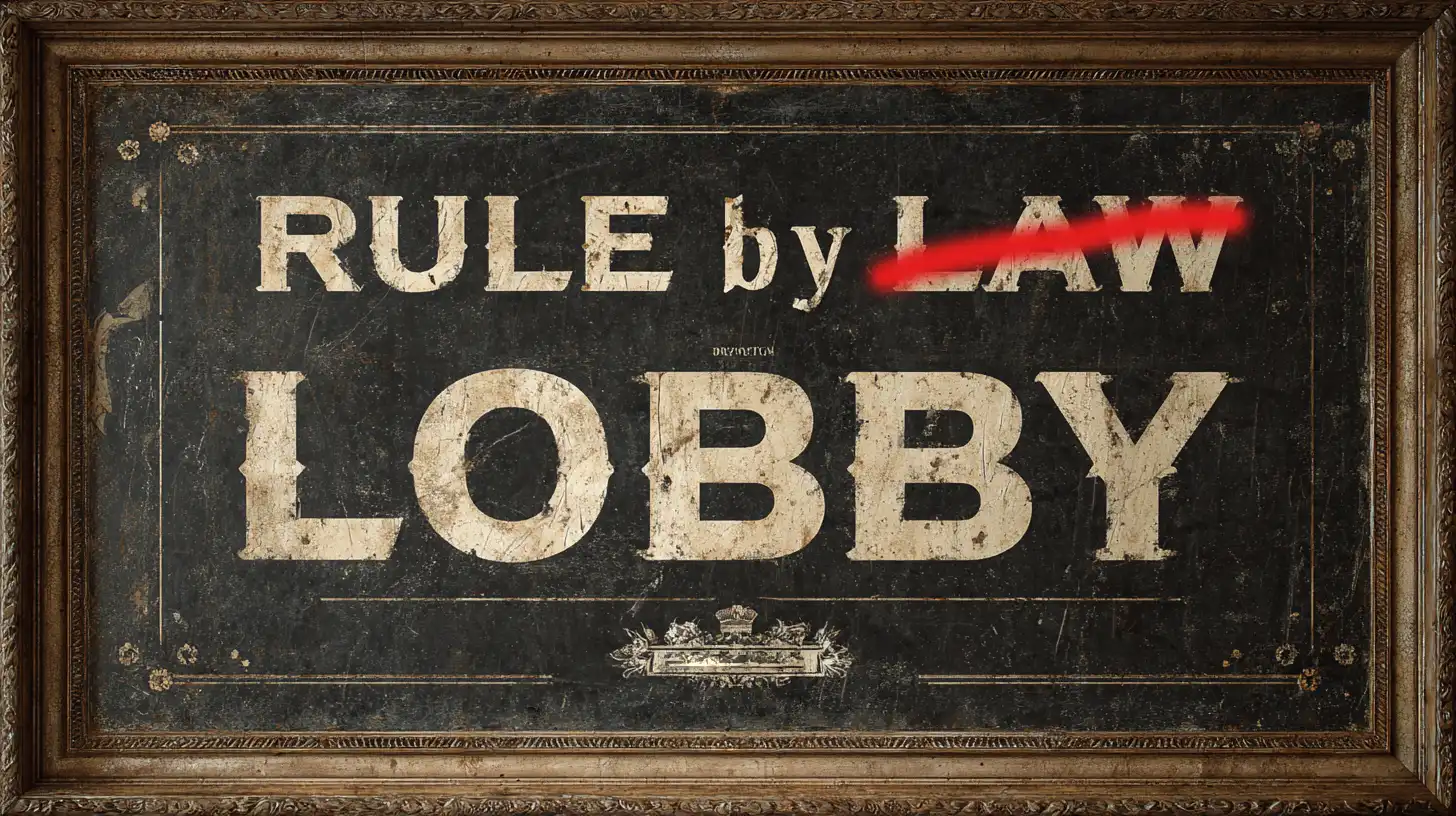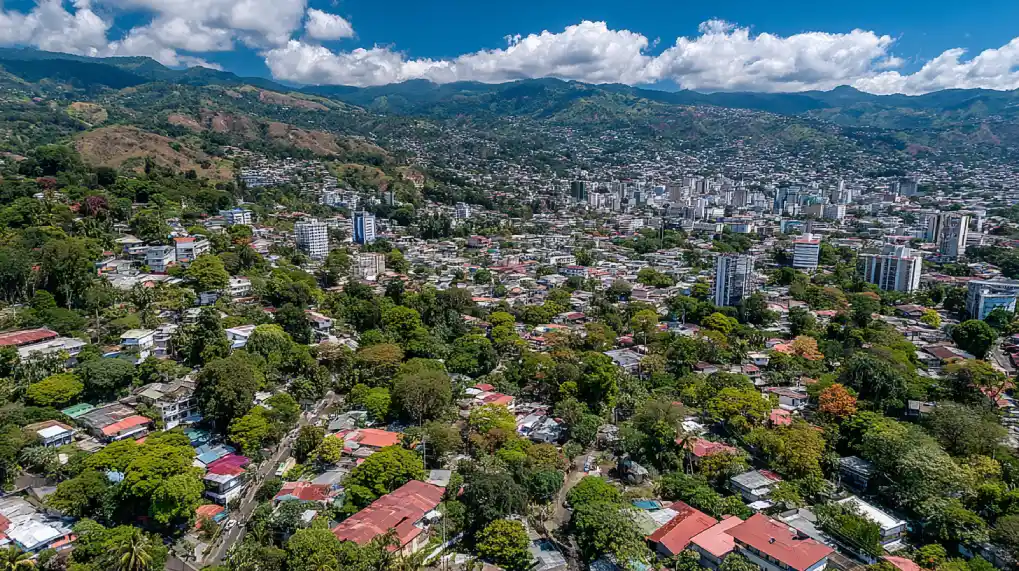
Bill No. 24.640 in Costa Rica has triggered a wave of alarm among property owners, investors and legal experts, after an international report warned it could allow others to modify private property without the owner’s consent. According to the Property Rights Alliance (PRA), the controversial bill represents “a serious threat” to private property rights inside condominium regimes across the country.
At the heart of the controversy is Bill No. 24.640, officially titled: “Ley para la Buena Gobernanza y la Modernización de la Propiedad en Condominios”
(Bill for Good Governance and Modernization of Condominium Property).
Promoted by Deputy Daniela Rojas (PUSC), the bill seeks to alter the legal configuration of already registered and acquired properties, altering the conditions and characteristics under which condominium owners purchased their units, even retroactively. PRA informs that, the bill could fundamentally strip small property owners of key ownership protections.
The PRA is an international organization based in Washington, D.C., dedicated to defending property rights, promoting legal security, and monitoring government policies that may affect private ownership around the world. Each year, it publishes the International Property Rights Index (IPRI), the most widely referenced global ranking that evaluates the protection of physical and intellectual property rights in over 125 countries. The PRA is recognized by economists, investors, policymakers, and legal institutions as a credible source of analysis on economic freedom and legal stability. For this reason, its concerns over Bill 24.640 carry significant weight internationally and signal a potential risk to Costa Rica’s reputation as a secure investment destination governed by the rule of law.
Costa Rica, long hailed as a safe haven for property ownership and investment, and a model of democracy in Latin America, is now at the center of a growing international controversy. A recent report by the PRA warns that a new legislative proposal poses a serious threat to private property rights within condominium regimes. The bill has sent shockwaves among both local and foreign property owners, raising global concern over legal certainty and the future of property rights security in the country.
The PRA issues a clear warning:
“This bill is a striking example of policymaking captured by narrow interests. It privileges elites, excludes key stakeholders, and undermines fundamental rights.” (Access the full PRA report here https://tinyurl.com/RuleByLobby)
The report warns that if the bill is approved:
In plain terms: you may no longer be the true decision-maker over your own property. This represents a direct erosion of individual ownership rights. Experts also warn that such measures could undermine Costa Rica’s long-term economic stability. Legal and real estate analysts caution that retroactively modifying existing property contracts and ownership regulations may violate principles of legal certainty and investor protection.

While the bill is presented as a “modernization” effort, the law’s title serves as a convenient veneer, but its contents diverge from it, critics argue it deliberately goes beyond administrative reform and affects private property rights. The PRA inform suggests that the proposal could centralize control in condominium administrations, reduce owner rights, and open the door to legal abuse by powerful interests.
International observers are asking: Why are fundamental property rights being altered and who really benefits from this reform?
The world is watching. Investors and condo owners are concerned. Property rights are on the line.

